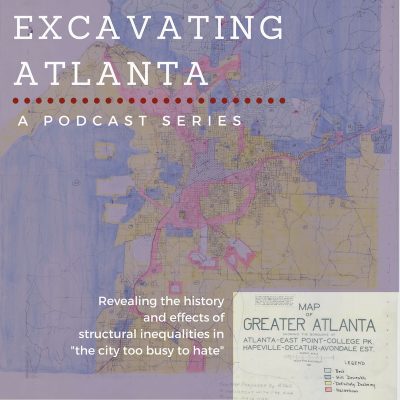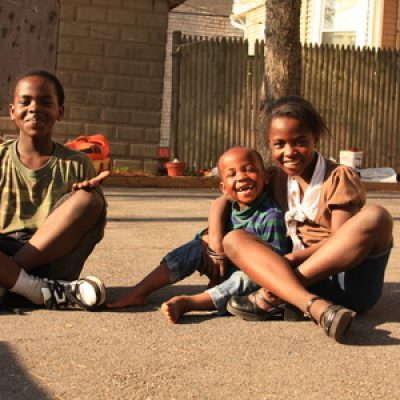Article
Senior Fellow Colin Tredway’s home region of Appalachia is one of the poorest in the entire United States. “Growing up in the Appalachian foothills in Georgia, I knew many people who were suffering due to poverty or struggling economically,” Colin shares. Therefore, his goal was to provide a tool to assist those in need of emergency aid, where they can find these sources easily with all associated details listed.
About the Project
In essence, Colin’s work meant working with his local County DA’s office to compile a list of resources related to food and housing assistance, then refine the information into an easy to read flier and to update the DA’s emergency resources page.
This was done in this way, as many people in his home region are very self-reliant, and want to prove they can provide for themself and their family, not rely on handouts. “I knew the people in my home region don’t like to be pitied, but many know they need help,” Colin explains. This resource was thus a tool for them to acquire assistance on their own terms, allowing them to reach out to the charities who they wish and may help them, rather than having someone do this for them or dictating terms to them, while making the process as easy for them as possible to get access to the resources they need. “I know I can’t solve the entire problem, but I hope that I can help one or two people have an easier time,” Colin adds.
“I know I can’t solve the entire problem, but I hope that I can help one or two people have an easier time.”
Project Development
Colin’s project mostly consisted of emails, phone calls, and internet sleuthing to find the necessary information. The Dawson County DA’s office provided a great wealth of resources to help him find appropriate charities as well. Many of the charities provided additional information and contacts as well which helped, too.”It was a slow process of reaching out, scheduling calls and meetings, and taking down information and confirming information listed on websites and such was valid and applicable,” he describes the project development. While it took several months to get some responses, in the end, he had a list compiled. He then submitted the list to the DA’s office to refine and upload on the webpage.
“It was really good to see that so many people were trying to do what they could to assist those in need.”
“It was really good to see that so many people were trying to do what they could to assist those in need and were willing to lend assistance to do that. It really restores one’s faith in humanity to see that,” Colin further adds, especially commending how willing the DA’s office was to work with him during the process.
Lessons Learned
In 2022 and 2023, Colin earned a Fulbright program in Germany, which made scheduling and contacting people and charities in the US more difficult. “My advice to anyone else in such a predicament is to make sure you keep a tighter schedule than I did,” he shares, adding that keeping a schedule, especially while so far removed from the place where the project will be applicable is hard, but it is necessary to keep on track and try not to allow the daily issues of life override the project one is working on, even if it involves moving to a new country. “It’s easy to get disheartened after calling a charity several times and not getting any response, but persistence is key, and eventually you’ll find the right time to call or reach out,” Colin believes.
Next Steps
As of July 2023, the project is wrapping up, with the Dawson County DA’s office being in the process of updating the Victim Services Page. Yet, “if someone wanted to, they could easily repeat such a project, or simply work to spread awareness of the poverty found in Appalachia,” Colin adds. “Really, Appalachia is such an overlooked region of the country, that even just targeting a project there helps, even in some small way, to better the situation.”
Updated July 2023




